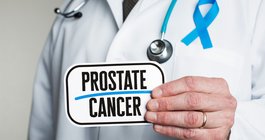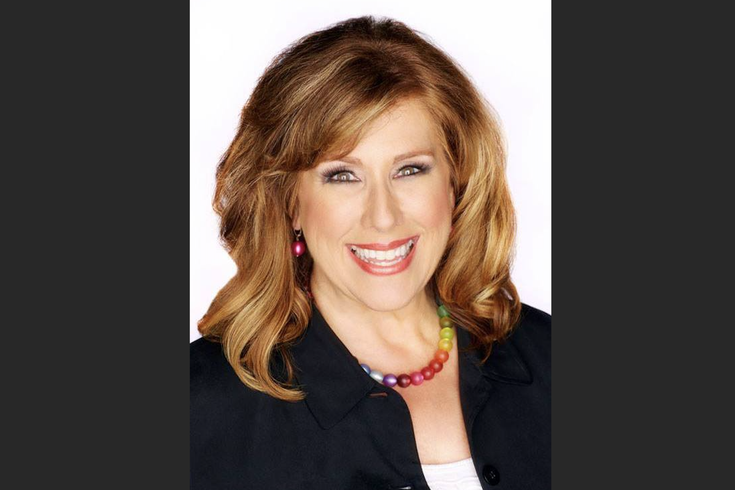
August 30, 2024
 SerioFox29/Facebook
SerioFox29/Facebook
FOX29 weather reporter Sue Serio said on 'Good Day Philadelphia' that she's been diagnosed with breast cancer for the second time. She will be off the air for about a month while she undergoes treatment.
FOX29 meteorologist Sue Serio revealed Friday that she has been diagnosed with breast cancer for the second time and will be off the air for about a month after she undergoes surgery Tuesday.
Serio, who's been doing weather reports for FOX29 since 1997, made the announcement on "Good Day Philadelphia" and was joined by her surgeon to discuss the importance of routine breast cancer screening.
"What happened is I had my annual mammogram not too long ago and it showed a little spot," Serio said. "After the biopsy, that spot was found to be malignant."
Serio was told that because the cancer was detected early — and the spot is only about five millimeters — she likely will not face serious complications following her surgery. Serio received a similar diagnosis in 2012 after she got an annual mammogram that detected another small spot. At the time, the cancer was removed during her biopsy and no other concerning tissue was found during a follow-up lumpectomy procedure.
"Thanks to that experience, I have never procrastinated about my yearly screening again," Serio said.
Serio's surgeon, Dr. Julia Tchou, the director of breast surgery at Penn Medicine's Abramson Cancer Center, said the steps Serio took show that preventive care works.
"Breast cancer screening saves lives, so it's really important for women to have the screening mammogram starting at age 40 because it's been shown to save lives."
The American Cancer Society recommends women get yearly mammograms between ages 40-54. After turning 55, woman can either switch to every other year or continue to get screened annually. Research has shown that younger women are now being diagnosed with some types of breast cancer at higher rates, underscoring the need to talk to physicians about when it's appropriate to start regular screening.
Had Serio not been proactive, her cancer could have developed into something more serious. In more advanced cases, a lumpectomy may not be an option and some women need to have a mastectomy to remove all of the breast tissue. If more time passes without treatment, the cancer can spread to other parts of the body.
Tchou said many women got behind on mammograms during the COVID-19 pandemic. That has led to an increase in breast cancer diagnoses in recent years after women got caught up. Similar gaps in preventive care for other types of cancer, including some rare cancers, have been connected to an increase in cases diagnosed since the pandemic.
The risk of breast cancer coming back is generally low in most women, but the odds can be higher depending on the type of breast cancer and the stage it reached during the first experience, according to the Cleveland Clinic. Most recurrences of breast cancer happen within the first five years after a lumpectomy. Although the likelihood decreases beyond that point, Serio's case shows the importance of screening.
Serio said her prognosis is "excellent" and that she expects to return to FOX29 in October.
"My only hope in sharing my experience is to make sure you don’t put off your screenings, and to make sure you get your loved ones in for their screenings," she said. "That someone who is procrastinating right now will make the appointment."